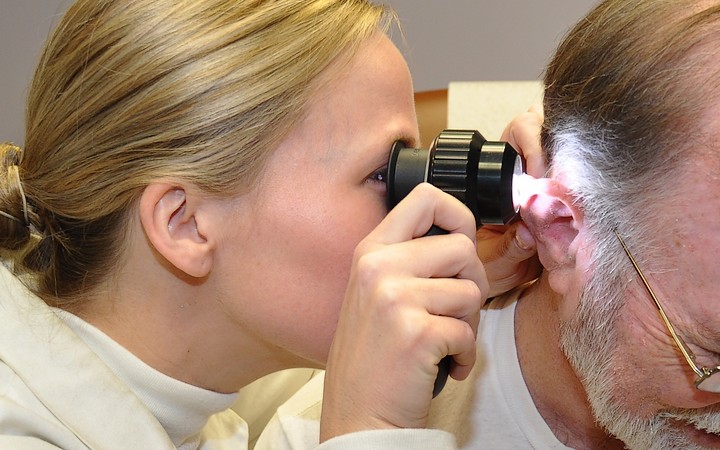
Screening uses the latest digital technology, any slight concerns raised are examined by a consultant dermatologist.
With a five year cure rate in excess of 95% for common skin cancers, recurrence following Mohs surgery is uncommon. The objective of Mohs is a good outcome, whilst preserving healthy tissue.
For people who have suffered from skin cancers, the chances of similar issues appearing again is still about 50% above average. A combination of reasons, including lifestyle and work but primarily genetic factors.
With prevention and early detection so important in skin cancer, we wish to support patients in stopping recurrence, or seeing minimal treatment if this did happen.
Self & Professional Monitoring
Keeping a close eye on your own body makes sense. A conscious routine aimed at spotting changes in your skin just takes a few minutes a month. You can see an illustrated guide to checking your skin, or our staff will be pleased to advise.
Seeking assistance from those closer to you can be valuable at times. Ask them to help examine hard to see areas, such as your back. Whilst mirrors can be useful, there is no substitute for a direct view.
If you notice changes on your skin, or itching or bleeding arises, please make an appointment to visit a consultant dermatologist as soon as you can.
They will also be happy to see you for regular check ups. Our London clinic offers annual checks and bespoke skin cancer screening programmes, your consultant will discuss options which will suit your case.
Apart from being tailored to you, specialist imaging equipment can record your skin and assist in spotting, or analysing future changes. Part of the early detection system which helps keep serious skin cancers at bay.
Adopting Protection
Already having a skin cancer does not mean you are too late to avoid damage from the sun. Quite the opposite, being susceptible to skin cancers is the best possible reason to protect yourself.
A wide brimmed hat and sunglasses help keep out the sun’s rays, as will regularly reapplied, good quality sunscreen. Time in the shade helps and if you are active in the sun, why not wear specialist clothing, with a high UPF (ultraviolet protection factor).
Well recognised rules and a few misconceptions also apply. Sun lamps, or beds are not a safer option, sunburn damages your skin, neither is being tanned a protective factor from skin cancer.
Moving On From Mohs
Most patients agree that Mohs surgery is a great technique, in terms of low pain levels, high achievement and minimal damage. There is still no such thing as no impact surgery and avoiding this is a better choice.
We all enjoy the sun and the pleasure this can give but if you had a food allergy, you would avoid the wrong items. For those of us susceptible to skin cancer, the situation is much the same.
Your own care, coupled with expert screening, will bring peace of mind and if a concern arises, this can often be nipped in the bud quite early.
From consultants, to specialist nursing staff, we support patients because we should and because skin cancer deserves the best care. Whether you are due to visit or not, if we can help at any time after surgery, please get in touch.
